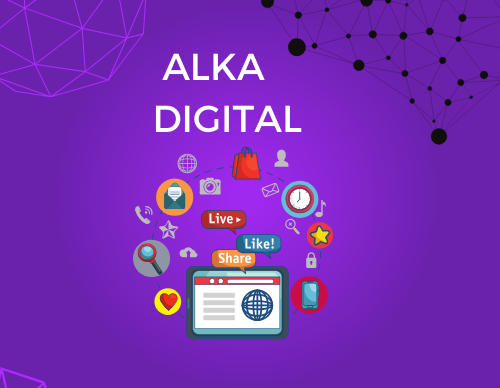- by melkasass@gmail.com
- 0
- Posted on
- 66
Harnessing AI to Create Themes, Code, and Apps: Revolutionizing Software Development
In the rapidly evolving landscape of technology, Artificial Intelligence (AI) is emerging as a transformative force in software development. From automating code generation to designing intricate themes and even creating full-fledged applications, AI is revolutionizing how we approach software engineering. Here’s an exploration of how AI is reshaping the way we create themes, code, and apps.
Creating visually appealing themes for websites, applications, or any digital platform can be time-consuming and require a keen eye for design. AI simplifies this process by leveraging machine learning algorithms to generate aesthetically pleasing themes based on user preferences and trends. These AI-driven tools analyze vast amounts of design data, learning patterns, color schemes, and layout preferences that resonate with users.
For instance, platforms like Adobe’s AI-powered design tools enable users to create custom themes by merely inputting a few key preferences. The AI then generates a range of theme options, complete with color palettes, fonts, and layout suggestions. This not only speeds up the design process but also ensures that the themes are modern, user-friendly, and aligned with current design trends.
One of the most significant impacts of AI in software development is its ability to automate code generation. AI-driven code generators like GitHub Copilot and OpenAI’s Codex are changing the game by assisting developers in writing code faster and with fewer errors. These tools analyze the context of the code being written, understand the intent, and then suggest lines or even blocks of code that can be integrated seamlessly into the project.
For example, if a developer is working on a Python project, AI tools can automatically suggest the next lines of code based on the current coding pattern. This not only accelerates the coding process but also reduces the likelihood of bugs and improves the overall quality of the software. Moreover, AI can help developers learn new programming languages by providing real-time code suggestions and explanations.
AI’s role in app development is expanding rapidly. Beyond just assisting in coding, AI is now capable of creating entire applications from scratch. Low-code and no-code platforms, powered by AI, enable users with little to no programming experience to build functional apps. These platforms use AI to interpret user inputs, such as dragging and dropping components, and automatically generate the necessary backend code.
For instance, Microsoft’s Power Apps and platforms like Bubble allow users to create apps by simply defining their desired features and functionalities. The AI then generates the code, integrates necessary APIs, and even tests the app for functionality. This democratizes app development, making it accessible to a broader audience and significantly reducing development time
4. The Future of AI in Software Development
As AI continues to evolve, its capabilities in software development will only grow more sophisticated. We can anticipate AI systems that can autonomously handle more complex tasks, such as debugging, optimizing code for performance, and even developing innovative solutions based on market trends and user behavior analysis.
Moreover, the integration of AI with other emerging technologies, such as blockchain and quantum computing, could lead to entirely new paradigms in software development. The future may see AI not just as a tool for developers, but as a collaborator that co-creates alongside human engineers, pushing the boundaries of what’s possible in technology.
Conclusion
The integration of AI into software development is not just an enhancement but a revolution. From theme creation to coding and full-scale app development, AI is streamlining processes, reducing barriers to entry, and enabling a new era of innovation. As these technologies continue to advance, the role of AI in software development will only become more integral, transforming how we build and interact with digital solutions.
Whether you’re a seasoned developer or a newcomer to the field, embracing AI in your workflow could be the key to staying ahead in the ever-evolving tech landscape.
